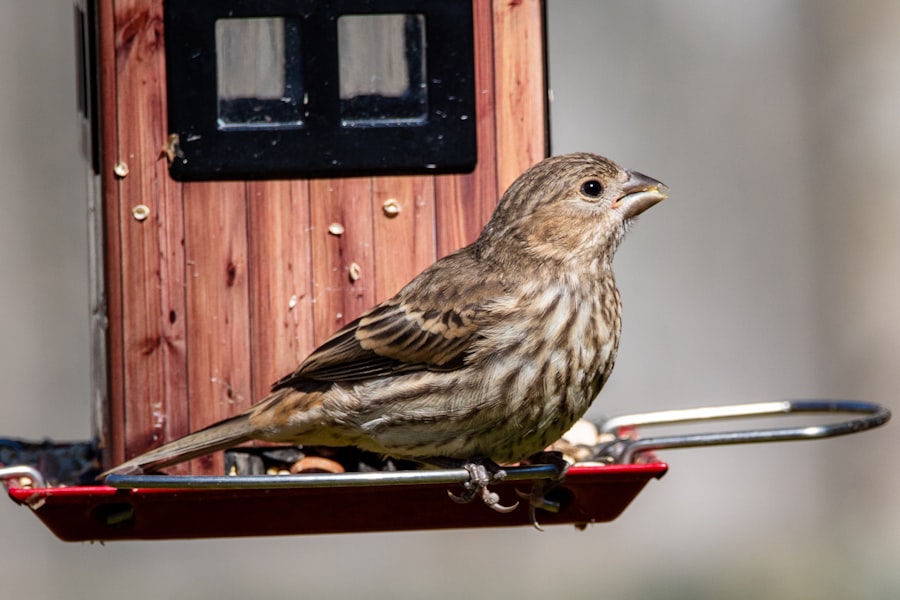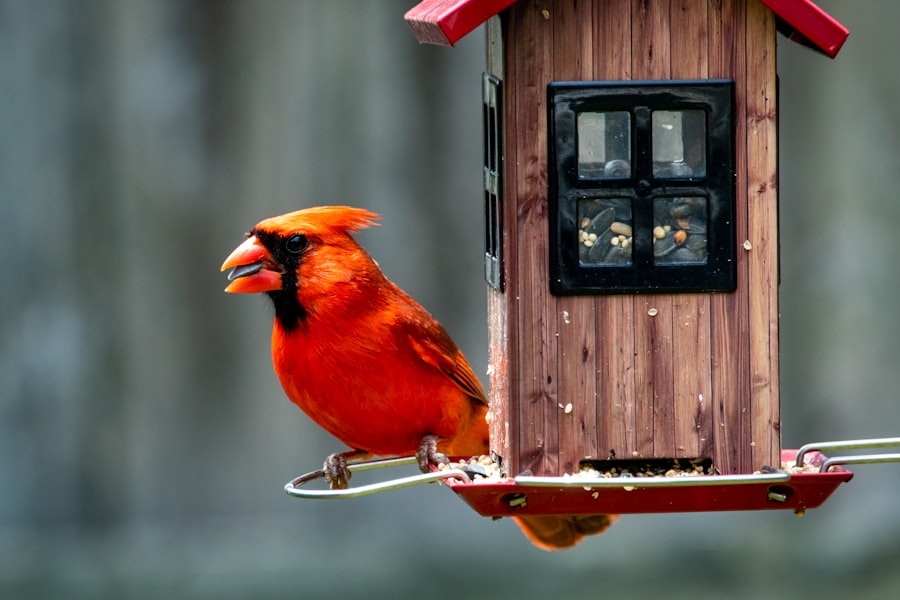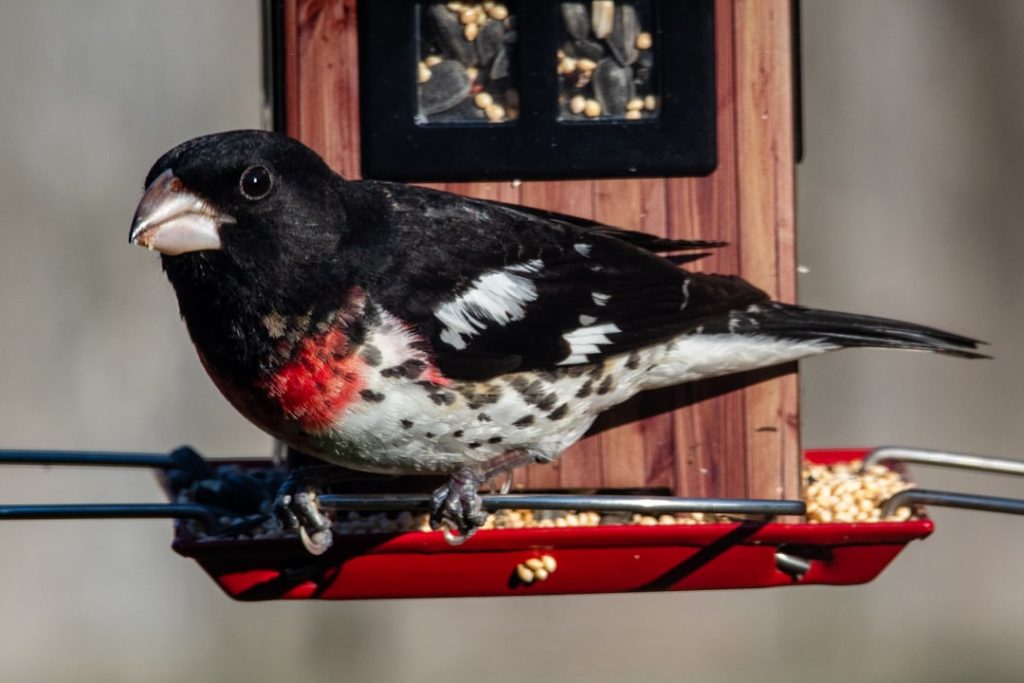When selecting a chicken breed for a backyard flock, several factors should be considered. Climate is a crucial consideration, as some breeds are better adapted to cold weather, while others thrive in warmer conditions. The intended purpose of the flock is also important, whether it’s for egg production or meat.
Certain breeds are known for their high egg-laying capacity, while others are valued for their meat quality. Temperament is another significant factor, especially for households with children or other pets. Docile and friendly breeds are often preferred in these situations.
The size of the breed should also be taken into account, particularly if space is limited. Smaller breeds may be more suitable for confined areas, while larger breeds can be appropriate for spacious environments where they can forage freely. Popular chicken breeds for backyard flocks include Rhode Island Red, Plymouth Rock, and Australorp.
These breeds are recognized for their hardiness, good egg production, and amiable dispositions. For those seeking smaller breeds, Silkies or Bantams are options known for their distinctive appearance and gentle nature. The ideal breed for a backyard flock depends on specific requirements and preferences.
Thorough research of different breeds and consideration of individual circumstances will help in selecting the most suitable chickens for a particular flock.
Table of Contents
- 1 Housing and Coop Requirements
- 2 Feeding and Nutrition
- 3 Health and Wellness
- 4 Handling and Socialization
- 5 Breeding and Reproduction
- 6 Legal Considerations
- 7 FAQs
- 7.1 What are bantam chickens?
- 7.2 What are the benefits of keeping bantam chickens in Australia?
- 7.3 What do bantam chickens eat?
- 7.4 What kind of housing do bantam chickens need in Australia?
- 7.5 Do bantam chickens require any special care in Australia?
- 7.6 Are there any regulations or restrictions for keeping bantam chickens in Australia?
Key Takeaways
- Consider the breed’s temperament, size, and egg-laying capabilities when choosing the right breed for your backyard flock.
- Provide a secure and spacious coop with proper ventilation, nesting boxes, and roosting bars for your chickens’ housing and coop requirements.
- Ensure a balanced diet for your chickens with a combination of commercial feed, kitchen scraps, and access to fresh water for their feeding and nutrition needs.
- Regularly monitor your chickens for signs of illness, provide proper vaccinations, and practice good hygiene to maintain their health and wellness.
- Handle your chickens gently and regularly to promote socialization and reduce stress, and consider introducing new chickens gradually to the flock for proper integration.
- Understand the breeding and reproduction behaviors of your chosen breed, and be aware of any legal considerations or restrictions in your area regarding chicken ownership and breeding.
Housing and Coop Requirements
Coop Size and Ventilation
When it comes to providing a safe and comfortable living space for your chickens, the size of the coop is crucial. A general rule of thumb is to provide at least 2-3 square feet of space per chicken inside the coop, and at least 8-10 square feet of space per chicken in the outdoor run. This will give your chickens plenty of room to move around and exercise.
Protection from Predators and Bedding
In addition to size, you’ll want to ensure that your coop is well-ventilated and provides protection from predators. This may involve adding wire mesh to windows and doors, as well as installing a secure latch to keep predators out. You’ll also want to use a comfortable and absorbent bedding material, such as straw or wood shavings, to keep the coop clean and dry.
Outdoor Run and Roosting Bars
A secure outdoor run is also essential for your chickens’ health and well-being. This will give them access to fresh air and sunshine, as well as opportunities to scratch and peck at the ground. Finally, don’t forget to provide roosting bars inside the coop for your chickens to perch on at night.
By taking the time to create a safe and comfortable living space for your chickens, you can ensure that they thrive and flourish in your backyard.
Feeding and Nutrition

Feeding your backyard flock a balanced and nutritious diet is essential for their health and well-being. A good quality commercial feed is a great foundation for their diet, but it’s also important to supplement with fresh fruits and vegetables, as well as occasional treats like mealworms or scratch grains. When choosing a commercial feed, look for one that is specifically formulated for laying hens if you have a laying flock, or for meat birds if you’re raising chickens for meat.
These feeds are designed to provide the right balance of protein, vitamins, and minerals that your chickens need to thrive. In addition to commercial feed, it’s important to provide your chickens with access to fresh water at all times. Chickens can drink a surprising amount of water, especially in hot weather or when they’re laying eggs, so it’s important to check their water supply regularly and keep it clean and free of debris.
When it comes to treats and supplements, it’s important to offer them in moderation. While treats like fruits and vegetables can be a healthy addition to your chickens’ diet, too many treats can lead to nutritional imbalances and obesity. Additionally, some treats like avocado or chocolate can be toxic to chickens, so it’s important to do your research before offering them anything new.
Health and Wellness
Keeping your backyard flock healthy is essential for their overall well-being and productivity. One of the best ways to promote good health in your chickens is by practicing good biosecurity measures. This means keeping your coop clean and free of pests, as well as preventing wild birds from coming into contact with your flock.
Additionally, it’s important to monitor your chickens regularly for signs of illness or injury. Common signs of illness in chickens include lethargy, loss of appetite, abnormal droppings, or respiratory symptoms. If you notice any of these signs in your flock, it’s important to isolate the affected birds and seek veterinary care as soon as possible.
In addition to practicing good biosecurity and monitoring your flock for signs of illness, it’s also important to provide regular preventative care for your chickens. This may include vaccinations against common diseases like Marek’s disease or Newcastle disease, as well as regular deworming treatments. By taking a proactive approach to your chickens’ health and wellness, you can help them live long and healthy lives in your backyard.
Proper handling and socialization are important aspects of raising a happy and well-adjusted flock of chickens. When handling your chickens, it’s important to be gentle and calm in order to avoid causing unnecessary stress or injury. If you need to catch a chicken for any reason, try to do so in a quiet and gentle manner, using both hands to support their body.
Additionally, it’s important to spend time with your chickens on a regular basis in order to socialize them and build trust. Spending time with your chickens can also help them become more comfortable around humans, which can make them easier to handle in the long run. In addition to handling and socialization, it’s also important to provide enrichment for your chickens in order to keep them mentally stimulated and happy.
This can be as simple as providing perches or dust bathing areas in their outdoor run, or offering them toys or treats to peck at. By taking the time to handle and socialize your chickens regularly, you can help them become friendly and well-adjusted members of your backyard flock.
Breeding and Reproduction

Choosing Healthy Breeding Stock
When breeding chickens in your backyard flock, it’s essential to choose breeding stock that is healthy and free from genetic defects. Look for birds that are strong and vigorous with good conformation and temperament.
Avoiding Genetic Problems
Additionally, it’s crucial to avoid breeding closely related birds to prevent genetic problems from arising in future generations.
Providing Suitable Breeding Conditions
When it comes time for breeding, provide a suitable nesting area for your hens to encourage them to lay eggs. This may involve providing nesting boxes inside the coop filled with clean bedding material or allowing broody hens to set on eggs in a quiet area of the coop or run.
Handling and Storing Eggs
Once eggs are laid, handle them gently and store them properly until they’re ready to be set in an incubator or under a broody hen. By taking the time to carefully select breeding stock and provide suitable conditions for breeding and reproduction, you can help ensure that your backyard flock continues to thrive for generations to come.
Legal Considerations
Before starting a backyard flock of chickens, it’s important to familiarize yourself with any local laws or regulations that may apply to keeping poultry in your area. Some municipalities have specific zoning laws or ordinances that dictate how many chickens you can keep on your property, as well as any restrictions on coop size or placement. Additionally, some areas may have specific rules regarding noise or odor control that could impact your ability to keep chickens.
In addition to local laws and regulations, it’s also important to consider any potential health or safety concerns that may arise from keeping chickens in close proximity to humans or other animals. For example, some areas may have restrictions on keeping roosters due to noise concerns, while others may have rules regarding how far coops must be from neighboring properties in order to prevent odor issues. By taking the time to research and understand any legal considerations that may apply to keeping chickens in your area, you can ensure that you’re in compliance with local laws while also providing a safe and healthy environment for your backyard flock.
If you have any questions or concerns about local laws or regulations regarding keeping chickens, don’t hesitate to reach out to local animal control or zoning officials for guidance.
If you’re interested in keeping bantam chickens in Australia, you may also want to check out this article on what kind of coop is best for chickens. It provides valuable information on choosing the right coop for your chickens, which is essential for their health and well-being.
FAQs
What are bantam chickens?
Bantam chickens are a smaller breed of chicken, typically about one-third to one-half the size of standard chicken breeds. They are known for their ornamental qualities and are popular for their small size and friendly demeanor.
What are the benefits of keeping bantam chickens in Australia?
Keeping bantam chickens in Australia can provide a sustainable source of fresh eggs, natural pest control in the garden, and a fun and educational experience for families. Additionally, bantam chickens are well-suited to smaller urban or suburban spaces.
What do bantam chickens eat?
Bantam chickens require a balanced diet of commercial chicken feed, supplemented with fresh fruits, vegetables, and occasional treats such as mealworms or kitchen scraps. Access to clean water is also essential for their health and well-being.
What kind of housing do bantam chickens need in Australia?
Bantam chickens require a secure and predator-proof coop or housing to protect them from predators such as foxes, snakes, and birds of prey. The coop should also provide adequate ventilation, nesting boxes, and perches for roosting.
Do bantam chickens require any special care in Australia?
Bantam chickens require regular access to sunlight, dust baths for grooming, and routine health checks to ensure they are free from parasites and diseases. Additionally, they may need protection from extreme weather conditions, such as heatwaves or cold snaps.
Are there any regulations or restrictions for keeping bantam chickens in Australia?
Regulations for keeping bantam chickens in Australia vary by state and local council. It is important to check with local authorities regarding any permits, zoning laws, or restrictions on the number of chickens allowed on residential properties.
Meet Walter, the feathered-friend fanatic of Florida! Nestled in the sunshine state, Walter struts through life with his feathered companions, clucking his way to happiness. With a coop that’s fancier than a five-star hotel, he’s the Don Juan of the chicken world. When he’s not teaching his hens to do the cha-cha, you’ll find him in a heated debate with his prized rooster, Sir Clucks-a-Lot. Walter’s poultry passion is no yolk; he’s the sunny-side-up guy you never knew you needed in your flock of friends!







